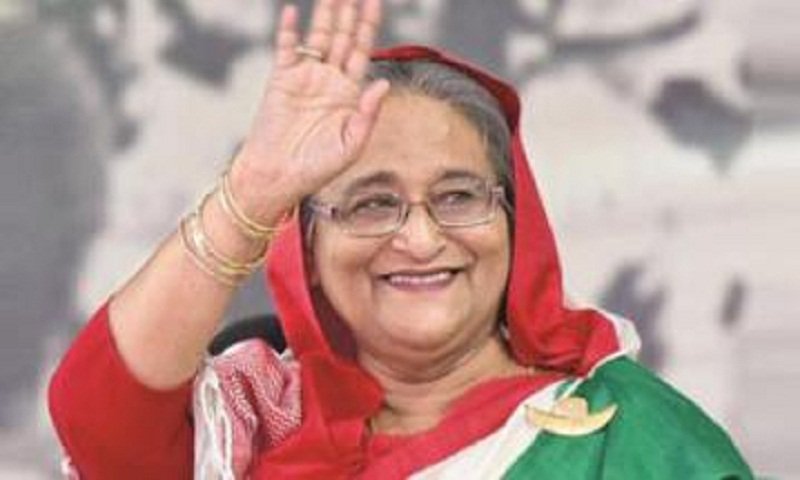No fewer than 600,000 security personnel have been deployed across the nation as the people of Bangladesh go to the polls.
It is the general election of the country and over 100 million people are qualified to participate.
Prime Minister Sheikh Hasina is contesting in a bid for a third term in office.
The deployment of security personnel is informed by the crisis that preceded the election.
The crisis left many dead as supporters of the different political parties clashed.
Ms Hasina is expected to win, while her main rival is in jail for corruption.
Apart from deployment of security personnel, high-speed mobile internet has been ordered to be shut down until after the elections, a decision made to prevent rumours and propaganda from triggering unrest, an official said.
Shortly before polls opened, a BBC correspondent saw filled ballot boxes at a polling centre in the port city of Chittagong (Lalkhan Bazar, Chittagong 10 constituency).
When the presiding officer of the centre was asked about them, he declined to comment.
Only ruling party polling agents were present at that and several other polling centres in the second largest city of the country.
Bangladesh is a Muslim-majority nation of more than 160 million people and faces issues ranging from possibly devastating climate change to endemic poverty and corruption.
Since an Islamic State-claimed attack on an upscale bakery in the capital Dhaka in July 2016, the government has responded with an iron fist to put down Islamist militancy.
The country has recently been in the international spotlight as hundreds of thousands of Rohingya Muslims have fled there from neighbouring Myanmar.
The government has been praised internationally for taking them in but faces sharp criticism for its human rights record in other areas.
The polls also come months after tens of thousands young people took to the streets in large numbers to protest about road deaths – in a rare show of fury that the authorities and pro-government groups put down with force.
“All we want is corruption to be gone and driving licences to stop being handed out like candy,” one 17-year-old told the BBC in August.
The lead-up to the election has been marked by violence and a crackdown on dissent by a government that critics say has only grown more authoritarian during its 10 years in power.
Sheikh Hasina is head of the Awami League (AL) – which has run Bangladesh since 2009. She is seeking a third consecutive term.
Her father, the nation’s first president Sheikh Mujibur Rahman, is celebrated as the founding father of independent Bangladesh.
He was assassinated in 1975.
During the 1990s and early 2000s, Ms Hasina and her great rival, Khaleda Zia, alternated in and out of power, with the two known as the “Battling Begums” (Begum is a title used to refer to a Muslim woman of high rank.)
But after years of bloody power struggle, Ms Hasina’s AL eventually got the upper hand and has held onto the reins of government ever since.
Ms Zia’s Bangladesh National Party (BNP) decided to boycott the last election in 2014 because the AL would not allow the polls to be held under a caretaker government.
Many analysts now question if that was a wise decision. Ms Zia, who remains party leader, was sent to prison on corruption charges earlier this year, in a case which she claimed was politically motivated.
She was barred from contesting in this year’s election, on account of her recent convictions.














